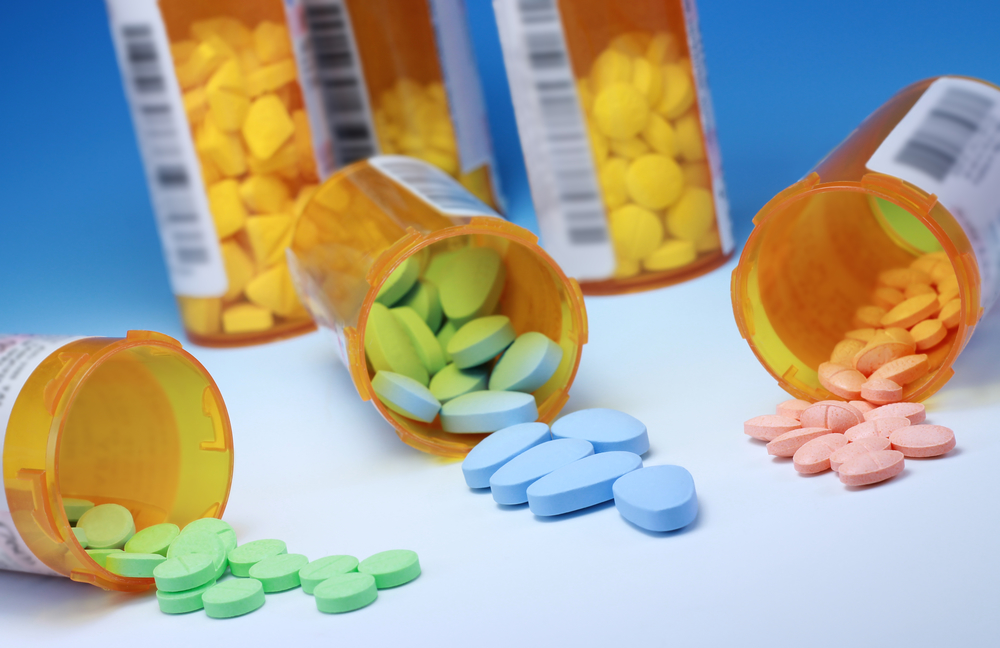FDA Test Reveals Asbestos in Johnson & Johnson Baby Powder
Johnson & Johnson has recalled 33,000 bottles of its baby powder following FDA testing that determined at least one bottle was contaminated with asbestos, a known carcinogen. The recall affects Johnson & Johnson’s brand baby power sourced from China and distributed in 2018.
The company faces ongoing questions about the safety of its talc-containing products but has continued to maintain that Johnson & Johnson Baby Powder and other personal hygiene products pose no risk to consumers. It is expected that the FDA’s test results and subsequent recall will play a significant role in the outcome of the more than 15,000 lawsuits the company faces related to its powder products.
No Level of Asbestos Exposure is Safe
Talc is a natural mineral that forms in underground deposits under the same geological conditions as asbestos. This leads to the intermingling of talc and asbestos, making the former mineral as potentially dangerous as the latter. The link between the two minerals is so close that those mining for talc face a significantly increased risk from their on-the-job asbestos exposure.
According to a long-term mortality study conducted by the Centers for Disease Control and Prevention, talc workers were more likely to have non-cancer lung diseases (8 deaths found, about 3 expected) when compared to the general public. Talc workers were also more likely to develop lung cancer (17 found, about 8 expected).
The risk for developing cancer when exposed to asbestos over extended periods and at higher amounts increases, but the overall evidence suggests there is no safe level of asbestos exposure. According to the National Cancer Institute, asbestos-linked diseases have been found in people with only brief exposures.
The FDA does not require testing be done by manufacturers of personal care products and cosmetics The agency periodically conducts tests on consumer products to determine if asbestos is present and a recent test in 2018 and another around 2008 did not detect any asbestos in samples of baby powder. Most of the FDA-administered tests come after a consumer or advocacy group complains about a product.
Chrysotile Asbestos Found in Johnson & Johnson Baby Powder
The recall follows the FDA’s discovery of trace amounts of chrysotile asbestos in bottles of J&J baby powder it purchased for testing from an online retailer. The company was notified by the FDA on October 17, 2019, about the test results and immediately issued a recall of all bottles in that same lot (22318RB). It claimed the recall was done out of “an abundance of caution,” but continued to deny that its products cause cancer.
The FDA called on consumers to stop using any bottles associated with the tested lot immediately.
Johnson & Johnson claims to have tested its line of consumer products multiple times over the last 40 years and maintains that the FDA’s test results are out of the ordinary. It also publicly questioned the FDA’s testing methods and stated it will work with the agency to ensure future testing is valid. Johnson & Johnson also emphasized that the
Despite issuing the recall, the company also downplayed concerns about the evidence of asbestos in its product and emphasized the level of asbestos detected was just a fraction of 1 percent of the sample.
News Tags
- urgent
Have you been affected by a drug or device listed?

You May Be Eligible for Compensation.
If you or a loved one suffered injury or death after using a drug or medical device, contact us today for a free case evaluation.
We value your privacy. By submitting this form, you agree to our privacy policy and disclaimer.


